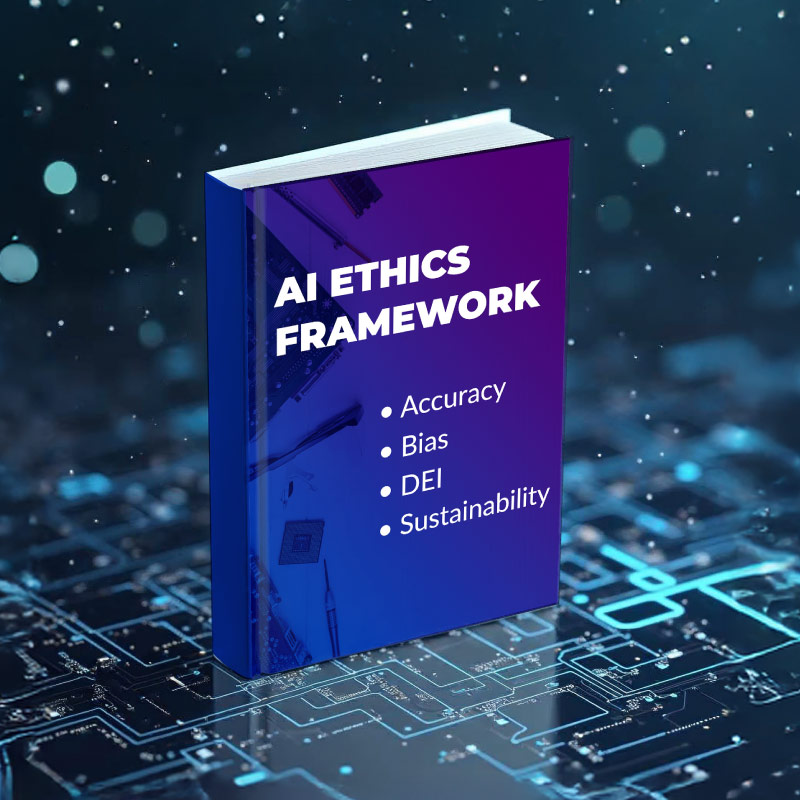
Artificial confidence: How LLMs undermine executive thinking
Professor Amar Bhidé challenges AI hype, arguing that LLMs flatter rather than enlighten and that executives must distinguish calculable risk from true uncertainty....

by Karl Schmedders Published February 23, 2022 in CEO Circle • 3 min read
With inflation raging at near or above multi-year peaks, major central banks are signaling unmistakably that higher interest rates are on the way. In some major economies, monetary policy has already tightened.
The US Federal Reserve is widely expected to make its first hike in March with more thereafter, following hawkish comments from Chair Jay Powell at the central bank’s last meeting in January. The Bank of England increased the cost of borrowing from 0.25% to 0.5% in February. Christine Lagarde, the European Central Bank’s president, is talking down rate rises, amid fears about the impact on shakier sovereign borrowers like Italy and Greece. But financial markets have priced in an interest rate rise in June.
The repercussions for corporates are likely to be very significant, as the cost of borrowing rises across the economy, calling for financial prudence.
The era of ultra-loose monetary policy prompted a surge in corporate borrowing. Some has been to finance and accelerate growth and investment, whether in a productive capacity or research and development. But ultra-cheap money has spurred some questionable developments.
Mergers and acquisitions have flourished, pointing to higher levels of risk-taking as boardrooms regained their animal spirits after the initial pandemic shock had subsided. And with historically high asset valuations, pushed up by competition, there is a risk that acquisitive companies are overpaying for their targets.
The message for CEOs is clear: be willing to walk away from targets with sky-high multiples. Do not let your egos or desire for empire-building cloud your judgment. Data shows that M&A deals are often only beneficial for the target. In times like these, with increasing debt costs and sky-high valuations, the downside risks for acquirers are magnified. That’s why CFOs facing significantly higher costs of capital are likely to set much higher hurdles for investments and acquisitions, tweaking their models to ensure adequate returns.

Another offspring of the cheap money era has been the habit of many companies – often under pressure from activist investors – to leverage their balance sheets and take up debt to repurchase their own shares.
With the stock market still near past highs, companies risk overpaying for their own shares. The other risk is that buybacks reduce real investment and even lead to financial fragility, because as interest rates rise, companies could struggle to meet their higher borrowing and refinancing costs. Many will also want to raise money on the bond market and lock in low borrowing costs now, before rates start to climb any higher.
More immediate, though, are the risks to supply chains. The combination of higher demand fueled by cheap money and the dislocation caused by COVID-19 has played havoc with many companies and caused certain product shortages.
But just imagine a scenario where key suppliers of, say, leading manufacturers of planes, trains or automobiles, found themselves in financial difficulties. Examples already abound of companies such as Airbus and Boeing having to financially support a crucial supplier. Some future degree of greater vertical integration across the value chain may be inevitable.
Make sure you are sufficiently aware of, and adequately understand, the financial situations of your key suppliers. If you have any cause for concern, reach out and, if necessary, make a proposal to ease the strains. The risks of serious disruption caused by failing to act will far outweigh any short-term costs.
Much more worrying still are the potential macroeconomic repercussions of higher rates of interest. Consumer confidence has fallen because of rising living costs, inflation and higher borrowing costs, which is slowing down the pace of the economic recovery.
People do not think now is the right time to make major purchases, which hits sellers and poses a particular challenge for firms that built up inventories to cope with supply chain bottlenecks. The supply squeeze has enabled corporates to pass on rising costs to consumers, but a slowdown in consumer confidence undermines price rises. So discounting may be inevitable.
Against this treacherous background, I have great sympathy for central bankers facing the challenge of bringing inflation under control while avoiding the risks of over-tightening: disrupting growth and markets.
For CEOs, that could make 2022 the hardest year of the pandemic yet to navigate. But while they may be increasing the probability of worst-case outcomes in their scenario-planning, they can put in place measures now to control higher costs and put their organization on a sound financial footing.

Professor of Finance at IMD
Karl Schmedders is a Professor of Finance, with research and teaching centered on sustainability and the economics of climate change. He directs the Strategic Finance (SF) program and teaches in the Executive MBA programs. Passionate about sustainable finance, Schmedders believes that more attention needs to be paid to on the social (S) and governance (G) aspects of ESG to ensure a fair transition and tackle inequality.

November 24, 2025 in CEO Circle
Professor Amar Bhidé challenges AI hype, arguing that LLMs flatter rather than enlighten and that executives must distinguish calculable risk from true uncertainty....

May 21, 2025 • by José Parra Moyano in CEO Circle
In more mature stages of Artificial Intelligence (AI) adoption, AI agents are an integral part of business operations, bringing new layers of complexity and enormous opportunity, says José Parra Moyano....

February 24, 2025 • by Michael R. Wade in CEO Circle
Business leaders need to ensure that their organizations consider all AI-related decisions and operations through an ethical lens, warns IMD’s Michael Wade....

September 11, 2023 • by Johan Bjuregård, Peter Ingman in CEO Circle
Intriguing innovation has opened up a “third space” to combine the advantages of the office and homeworking environments, suggest Johan Bjuregård and Peter Ingman, Co-Founders of Flowpass....
Explore first person business intelligence from top minds curated for a global executive audience